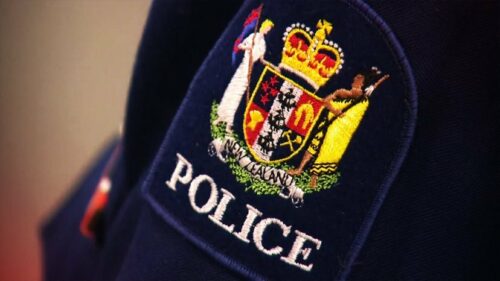
Here’s what you must do when you are questioned or arrested by the police.
You can either ring your own lawyer or have the police provide you with a list of lawyers and their phone numbers and the opportunity to call one of them. There is no cost to you for using a lawyer from this list at this stage.
Contacts with the police
When a police officer stops or questions you, you should:
Be satisfied that the person is, in fact, a member of the police. A police officer in plain clothes must show you proof of identity
Be very careful that what you say to or write for the police is exactly what you mean − it could be very important for you or other people.
Don’t lie. If you are suspected of having committed a crime, you are entitled to say nothing about the matter. You are also entitled to speak to a lawyer without delay and in private.
You should think about saying nothing until you’ve spoken to a lawyer. It won’t help if you argue with a police officer. State clearly what you have to say and leave it at that.
Powers of the police
If they have a warrant, or if the police:
Ask you to stop. You should stop. If driving a car, the driver must stop.
Ask you to go with them. You don’t have to go with the police unless:
You agree to do so
You are arrested, or
A member of the police suspects you have been driving after drinking too much alcohol or under the influence of drugs.
Want to search you or your home. They can search your home or other premises such as your office:
If you agree they can search you and your home with or without a search warrant if they are searching for such things as drugs, weapons or explosives.
- This Solutions Column has been compiled by Vani and is a regular <ITALICS>Times editorial from the Pakuranga Citizens Advice Bureau. Email enquiries.pakuranga@cab.org.nz or Visit us at the Library Building, Pakuranga, Phone 576 8331 and at Botany Citizens Advice Bureau, rear Food Court entrance, Botany Town Centre, Phone 271 5382 or 0800 367 222 for free, confidential and informative help.










